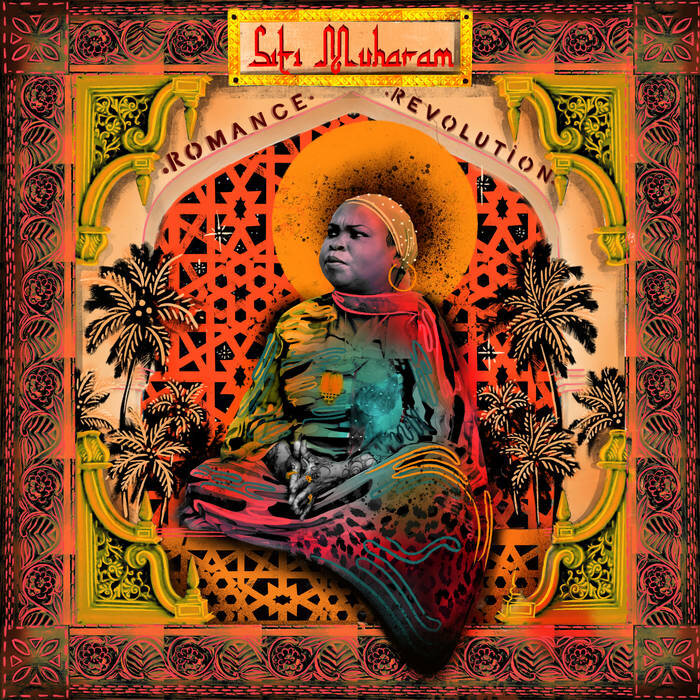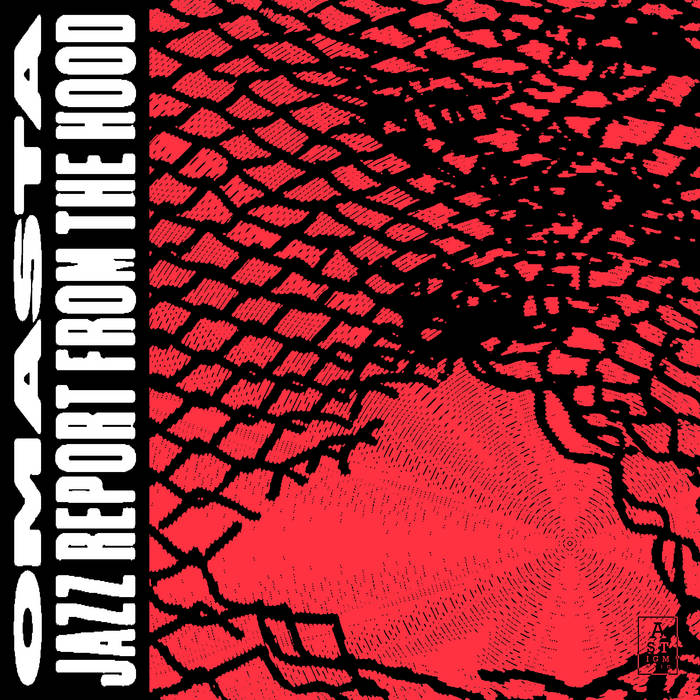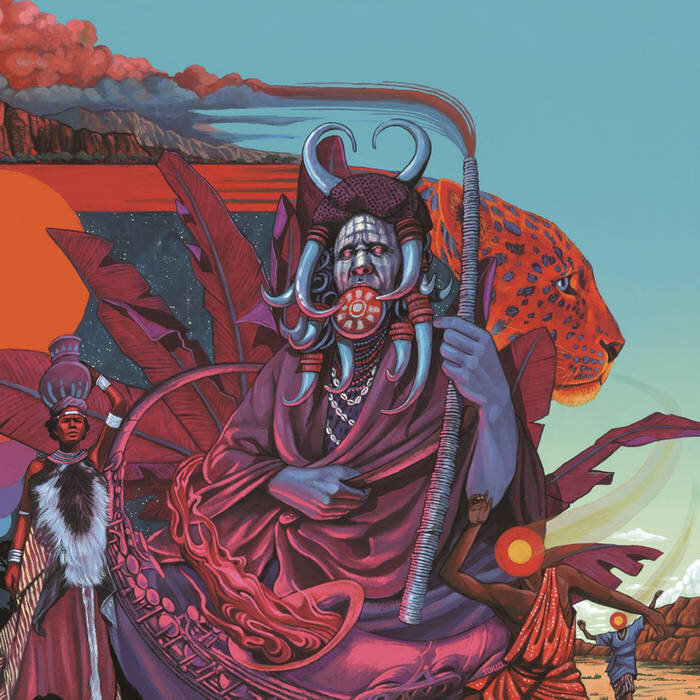Tout a commencé par une triade de détails qui n’en sont pas: un disque qui vient de Zanzibar (le pays au nom le plus poétique et mystérieux au monde), une pochette aux allures d’affiche de film d’aventure(s) made in Bollywood et un morceau d’ouverture terrassant (“Machozi ya Huba”) comme une tempête tropicale. Autant dire que ce Siti of Unguja sentait la perle rare à plein nez. Bingo, c’est l’un des disques de musique traditionnelle les plus fascinants de ces derniers mois, voire plus.
Son but? Tenter de moderniser par petites touches cuivrées et synthétiques le Taarab, l’un des folklores les plus métissés de la planète: un étonnant patchwork d’éléments indiens (principalement mélodiques), arabes (des versets du Coran pour parole) et africains (la polyrythmie). Un peu comme si, pour le dire vite, Nusrat Fateh Ali Khan jammait avec Oum Kalthoum à la tombée de la nuit sur une plage de Tanzanie.
Il faut dire que Siti Muharam, l’autrice de cet exploit, a de qui tenir: sa grand-mère avait révolutionné le Taarab en son temps, il y a près d’un siècle. A une époque où les femmes n’avaient pas le droit de chanter en public, Siti Binti Saad avait fait bouger les lignes. Stylistiquement, elle a introduit une plus grande part d’improvisation, et philosophiquement, elle a ouvert la voie à d’autres femmes comme Bi Kidude ou Zuhura Swaleh.
Hypnotique et habité, Siti of Unguja réussit aussi sa romance revolution grâce à l’irruption d’un autre genre métissé au possible: le jazz. Sur “Nyuki” ou “Ashikibaya”, la clarinette de Tamar Osborn (la fondatrice du trop méconnu Collocutor) est franchement renversante de classe affaires. Et puis au-delà de son originalité et de son authenticité, ce disque est aussi et surtout un volcan d’émotions. Déchirante, la voix de Siti Muharam vous hantera la vie pendant des siècles et des siècles.
🇬🇧 It all started with a triad of details: a record that comes from Zanzibar (the country with the most poetic and mysterious name in the world), a cover that looks like an adventure film poster made in Bollywood and a crushing opening track (“Machozi ya Huba”) hitting us like a tropical storm. Enough to say that “Siti of Unguja” smelled like a rare gem and indeed, this is the most fascinating traditional music records we heard over the last months. Its goal? Trying to modernize the Taarab, one of the most mixed folklore on the planet: an astonishing patchwork of Indian (mainly melodic), Arabic (verses from the Koran as lyrics) and African elements (polyrhythm). (…) Hypnotic and inhabited, “Siti of Unguja” also succeeds in its romance revolution thanks to a cosmopolitan genre: jazz music. On “Nyuki” or “Ashikibaya”, Tamar Osborn’s clarinet (the founder of Collocutor) is downright stunning. Beyond its originality and authenticity, this record is also and above all a volcano of emotions. Siti Muharam’s heartbreaking voice will haunt your life for centuries and centuries.







